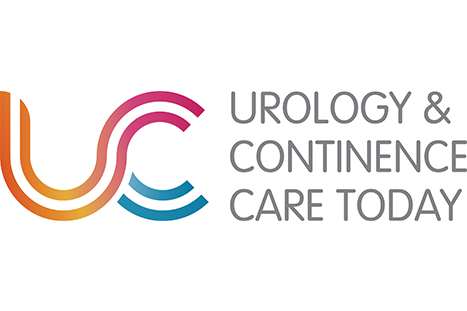SUPPORTING MEN TO UNDERSTAND THEIR RISK
This big drop in referrals means there are likely to be many men who are unaware they may be at higher risk of prostate cancer due to lack of understanding about risk factors for the disease. Prostate cancer mainly affects men over the age of 50 and risk increases with age. Risk is even higher for black men, and men with a family history of prostate cancer (Public Health England [PHE], 2016).
We need to communicate to these men that, for some, the risk of delaying investigations may be higher than the risk of attending appointments.
Although there is no single test to diagnose prostate cancer, there are tests the GP can do to find out if a man may have a prostate problem, such as a prostate-specific antigen (PSA) blood test. It is vital that a conversation about the advantages and disadvantages of such tests takes place, to help the patient make an informed decision on whether to have the test.
For most men with early stage prostate cancer, there will not be any symptoms, meaning that cancer awareness campaigns, such as Be Clear on Cancer, which focus on signs and/or symptoms are not as useful to this group of men.
In recent years, we have made great strides as more men are having their prostate cancer diagnosed at an earlier stage. We do not want that to be reversed and find, further down the line, a swell of advanced disease diagnosis. This would leave men left with just trying to control the disease, rather than aiming to cure the prostate cancer.




